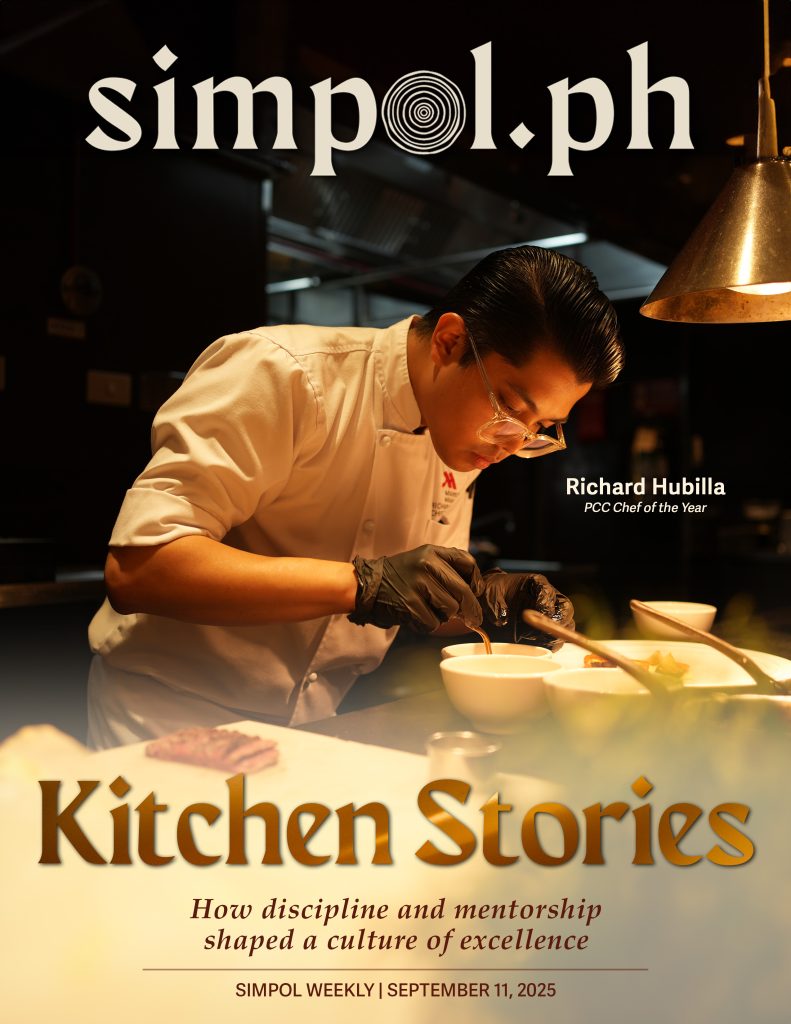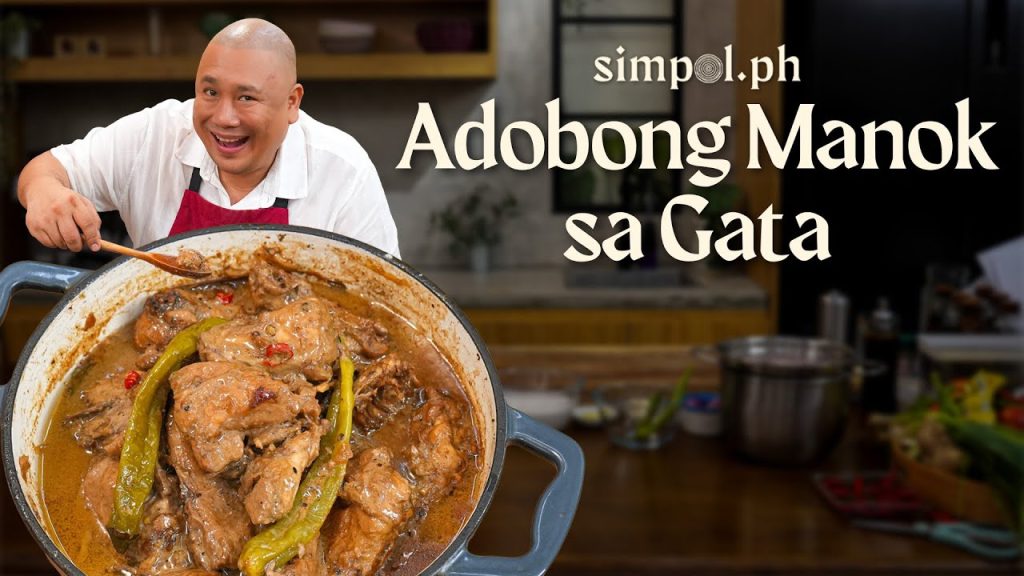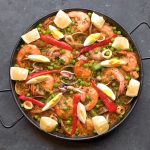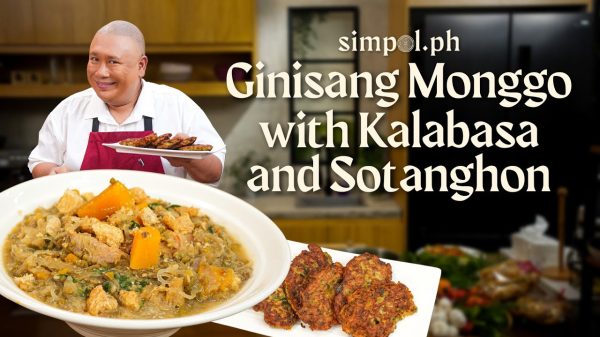The Philippines is finally paying attention to a multi trillion-dollar opportunity already close to home — the halal industry.
With over 7 million Muslim-Filipinos and millions more working across the Middle East, halal isn’t just a cultural concern — it’s an economic opportunity we can no longer ignore.
Surrounded by halal leaders like Malaysia and Indonesia, the Philippines has the geographic and cultural advantage. What we’ve lacked, until now, is strategy.
Halal means “lawful” or “permitted” under Islamic dietary law. The opposite is haram which refers to anything “not allowed”. While often associated with food, the halal economy spans everything from travel, fashion to banking and pharmaceuticals. Globally, it’s valued at $7 trillion a year — and growing.
A National Push to Go Global
The Department of Trade and Industry (DTI) has launched the Philippine Halal Development Plan. The goal is to generate 120,000 new jobs and ₱230 billion in halal-related trade and investments within five years.
Backed by the Halal Export Development and Promotion Act of 2016, the plan focuses on integrating micro, small, and medium enterprises (MSMEs) into the global halal supply chain by the end of 2025. It’s a move that places local businesses—especially in Mindanao—on a larger playing field.
Mindanao, home to the Bangsamoro Autonomous Region, is at the heart of this effort. Here, halal isn’t a trend. It’s a way of life. But it’s also a tool for economic upliftment in a region that needs more long-term investment and industry.
The Halal Industry Is Bigger Than You Think
Food and beverage only make up about a third of the halal market. The rest includes finance, tourism, logistics, beauty, fashion, and health services. What unites them is a shared set of values: integrity, cleanliness, and ethical production.
That’s why the halal industry in the Philippines offers more than exports — it offers trust.
To ensure this growth is coordinated and inclusive, the DTI is leading an inter-agency task force. Members include the National Commission on Muslim Filipinos, Mindanao Development Authority, Department of Agriculture, Bangko Sentral ng Pilipinas, and others across health, tourism, science, and foreign affairs.
“The halal industry is not just a business opportunity,” said a DTI official. “It’s a bridge for cultural understanding and economic inclusion.”
Why This Moment Matters
This isn’t just about catching up. It’s about moving forward with purpose. The halal industry in the Philippines has long been underserved, operating quietly in Muslim communities and regional markets. Now, we’re giving it the platform it deserves.
By bringing halal-certified MSMEs into the global economy, we do more than boost exports. We support food security. We champion regional producers. And we show the world that Filipino products can meet the highest global standards—not just in quality, but in values.
What was once seen as a niche is now emerging as a pillar of inclusive growth.
In the halal industry, the Philippines doesn’t need to start from scratch. We only need to scale what we already have—our culture, our credibility, and our people.
More Halal Stories from Simpol.ph
Salaam 2025: A New Chapter for Halal Travel in the Philippines
Fatima’s Filipino Halal seeks to make Filipino cuisine more accessible to Muslim tourists
AlBarakah’s Arabian Nights Feast dazzles with authentic halal flavors
























